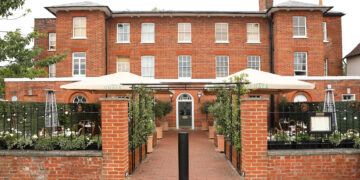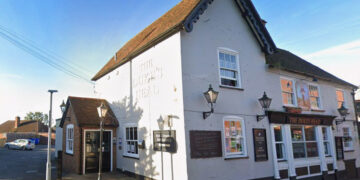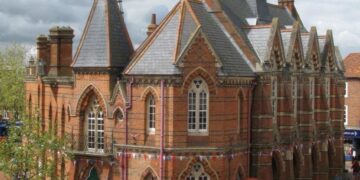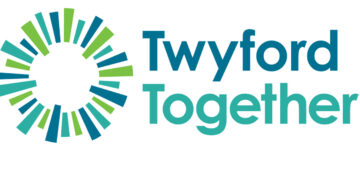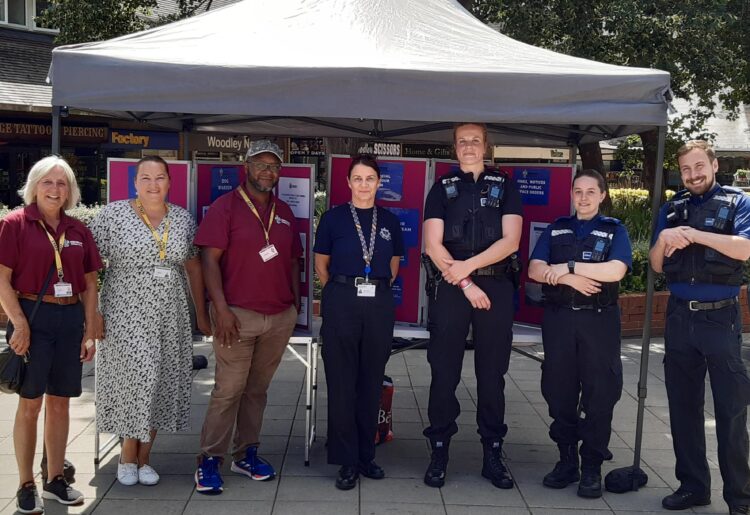THE ROYAL Berkshire Fire and Rescue Service (RBFRS) is continuing its support for the UK’s Anti-Social Behaviour Awareness week, running from Monday, June 30 to Sunday, July 6 with a new campaign.
The campaign is designed to bring together people and organisations from across the country in order to take a stand against anti-social behaviour and make communities safer.
The main areas which affect the fire and rescue service are violence perpetrated against members of staff, nuisance and malicious calls, and arson.
Home Office data shows that deliberate fires represent the largest proportion of fires attended by UK fire and rescue services.
Arsonists rarely bring combustible items with them, instead choosing to use what is available on the site.
Residents can have a significant impact in reducing the risk of deliberate fire setting on your property in a number of ways.
The RBFRS advises to clean premises regularly so that refuse does not build up, and do not overfill bins, so that they can be securely shut.
For communal bin stores, keep doors shut and follow appropriate property management instructions.
Fires can easily spread from trees to buildings. Keep trees pruned to reduce risk, as well as removing any debris and litter from under and around trees and shrubs.
This is particularly key during the summer months, where greenery will be drier and so more susceptible to catching aflame.
Residents can review the safeguards advised to help reduce the risk of arson to your buildings by using our Arson Prevention Workplace Checklist.
Deliberate fire setting particularly poses a significant risk to the economy, with 80% of businesses never fully recovering from a deliberate fire.
Preventing arson also forms part of our responsibilities under the Serious Violence Duty. The Serious Violence Duty (SVD) was introduced by the Police, Crime Sentencing and Courts Act 2022 and came into effect in January 2023.
The National Fire Chiefs Council (NFCC) has also created a NFCC Serious Violence Duty Briefing Note which sets out the duties for all fire and rescue service employees:
It is facilitated by members of the Safety Education Team, who have extensive experience working with children and young people of diverse ages and abilities.
This effort aims to make young people aware of the impact of their behaviour through discussion and activities to give them the opportunity to explore different ways of dealing with the root cause of fire-related anti-social behaviour.
Liz Warren, Lead Safeguarding and Safety Education Manager at RBFRS says, “Everyone deserves to feel safe in their home and neighbourhood, but this unfortunately isn’t always the case.
“Research has shown that, while 1 in 4 of us say that anti-social behaviour has made us feel unsafe where we live, at least half of us do not report it.
“Remember, your actions matter. Your report could initiate an intervention, help the victim get support, and prevent escalation towards a harmful incident. Anti-social behaviour isn’t a single victim crime; its effects are felt by entire communities.
“If you are in any doubt regarding issues in your area, call 999 for emergencies or 101 for non-emergencies.
Together, we can put a stop to anti-social behaviour.”
If you have any information about anti-social behaviour in your area, including arson and deliberate fire setting, call 999 in an emergency.
101 should be called for a for a non-emergency or report anonymously via Crimestoppers on 0800 555 111.




















